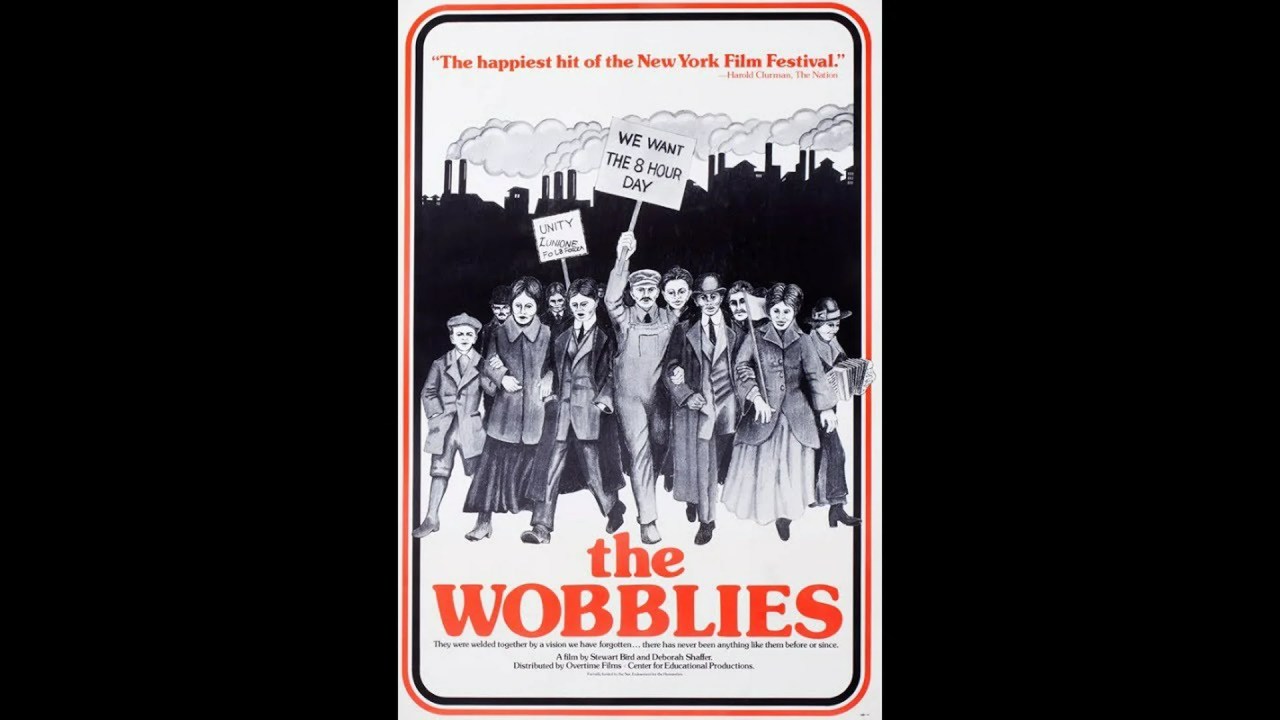This 1979 documentary established a new, primary-research modus for historical nonfiction—no narrator, no authorial perspective, just original documents and witnesses—but its subject matter was, and still is, its most radical characteristic. By the ’70s American culture had been made to forget that the Industrial Workers of the World had ever existed, just as in the century’s first decades the segregated union utopia was condemned, brutalized, legislated against, campaigned against, and demonized. Today, things haven’t changed much—Deborah Shaffer and Stewart Bird’s film stands among a scant handful of books detailing the labor movement’s astonishing power and growth, its newspapers and songs and sheer membership, as well as the sickening history of suppression, murder, & criminal injustice that was brought to bear upon it. (Don’t forget Warren Beatty’s Reds, shot around the same time and with several of the same elderly survivors.) American high schoolers should have to see it to graduate, but then so much of what they’re taught would evaporate as a consequence.
